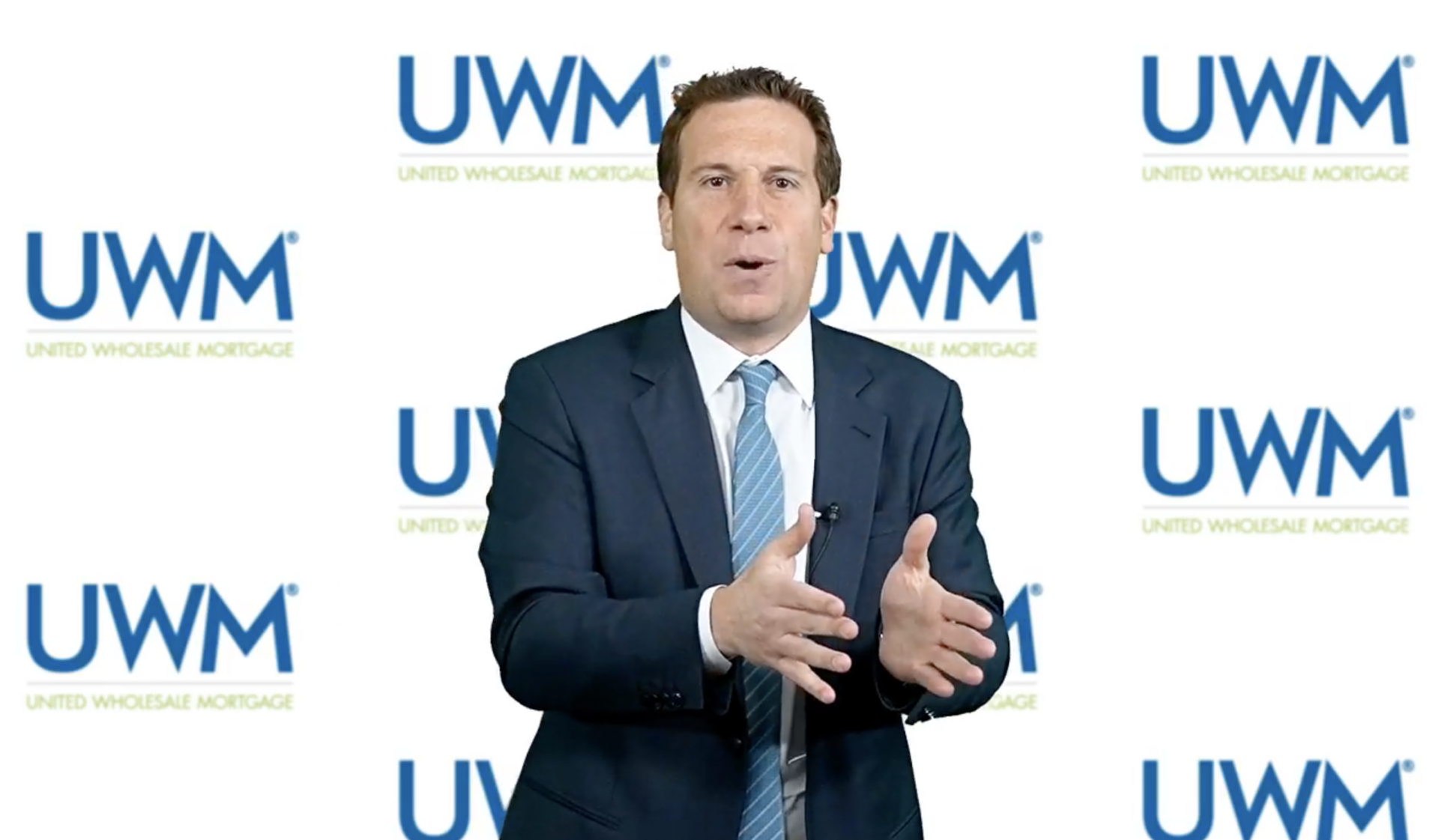“We knew this would happen. We controlled this.”
That was the confident, arguably boastful claim of United Wholesale Mortgage CEO Mat Ishiba this week when discussing his company’s recent quarterly performance and what it means for traders on the stock market.
Ishiba was speaking to CNBC “Mad Money” host Jim Cramer about UWM’s recent drop in margins and whether the stock market “overvalues” those types of metrics.
“I don’t think so,” Ishiba responded. “I don’t really understand why people focus so much on that. We control the margins. The margins didn’t collapse. I control the margins. I dropped the margins to focus on putting a lot of pressure on my competitors, which we did successfully. The top mortgage lender went down 20 percent. We went up 21 percent. Everyone’s margins compressed. We knew this would happen. We controlled this.”
Ishiba’s bold remarks underscore a relatively lesser-known but unmistakable component of the mortgage industry, namely: It’s a cutthroat and relentless sector of the economy where big players are constantly looking to lockdown huge deals for massive sums of money.
Popular associations of mortgage-buying would not readily indicate such a frenetic and aggressive style of business. Most people’s interaction with mortgages take place in quiet banks and low-key brokers’ offices, with sums usually in the range of a few hundred thousand dollars.
The broader mortgage industry is not so placid. UWM this quarter posted a purchase volume of more than $24 billion. Its closest competitor, Rocket Companies, has a market cap of about $35 billion. The industry increasingly seems less like one involved in financial homebuying products and more like the high-tech startups that emerged in Silicon Valley over the past two decades. UWM’s headquarters in Pontiac, Mich., for instance, offers its employees putting greens, arcade rooms, indoor basketball courts, and a dance floor.
Such opulence is inevitably a sign that a company is looking to compete for employees not just with salary offers but with entire lifestyle packages. That type of ruthless competition is often viewed as a net benefit for the overall economy, with companies spurring each other to greater efficiency and ultimately better service for consumers.
The competitive impulse can, of course, backfire. The 2008 financial crisis saw billions in financial assets wiped out over the course of a few months, though the blame lay more with extending poor credit to unsuitable borrowers rather than any broader issue of economic competitiveness.
“And you know how we’re going to do that?” he said. “We’re going to continue to take market share and grow.”
